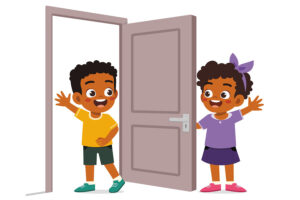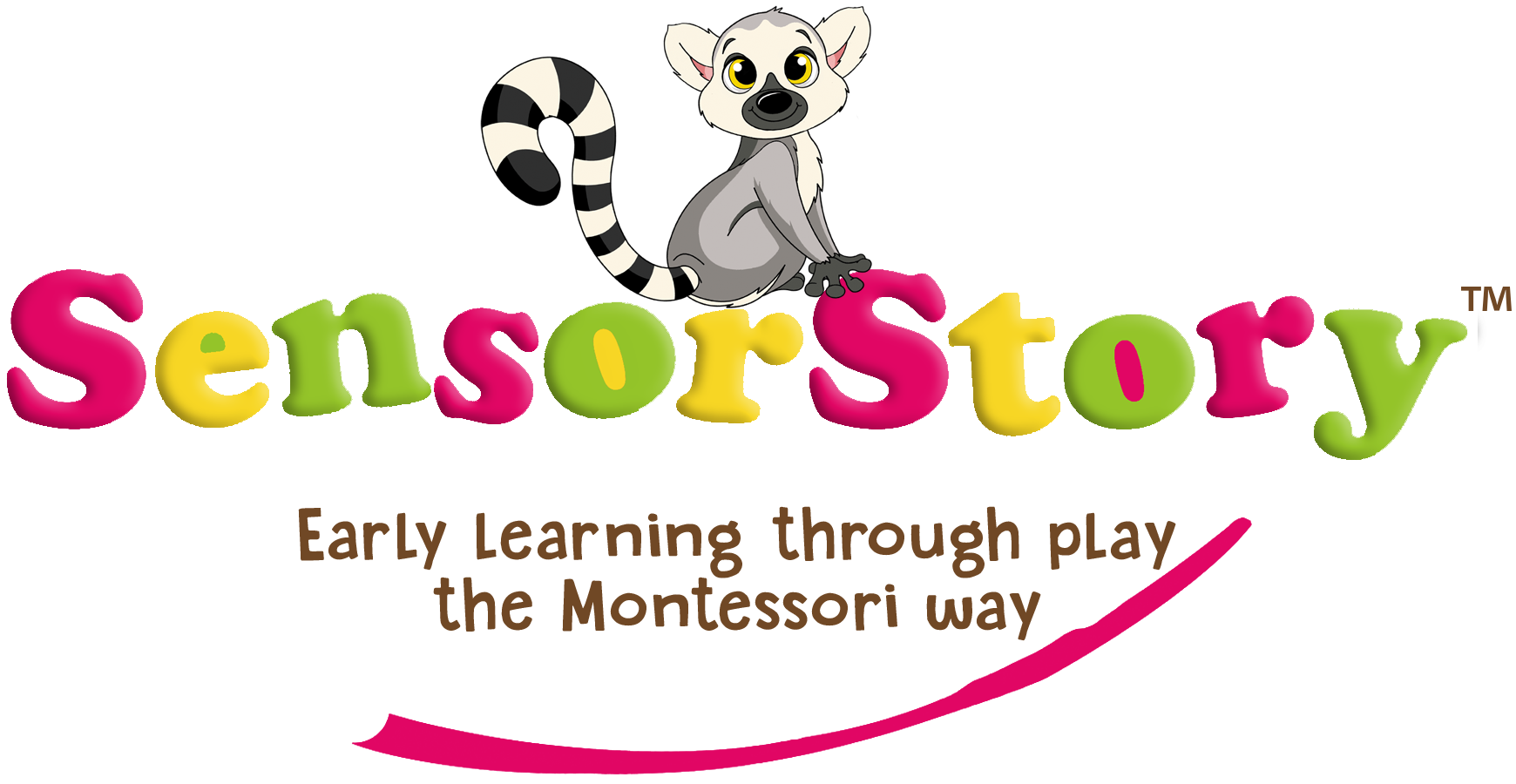
Hello parents! Are you looking for ways to teach your young toddler about consent? We often want our little one’s to show affection with the people that we love – “Give Nana a kiss goodbye”, “Grandad want’s a goodbye cuddle” – & we can very easily too strongly encourage a kiss or hug. It’s never too early to start teaching about consent & giving our little one’s choices about how they show affection. Giving our children the power & tools to choose how they show that affection can help develop a strong sense of self-esteem and have a huge impact on how comfortable they are at creating & holding boundaries later in life. It’s never too early to start teaching your child about their own boundaries & the importance of respecting others’ boundaries. This understanding is an important foundation for their social & emotional development & will help them become kind & respectful individuals. Here are some tips to get you started on developing your little ones’s understanding of consent.
- Use simple language. Young toddlers are still learning to communicate, so it’s important to use simple language when teaching them about consent. You can say things like “Would you like a hug?” or “Is it okay if I help you put on your shoes?”
- Encourage independence. Montessori education emphasizes the importance of allowing children to make their own choices & decisions. Encourage your child to express their own preferences & boundaries by saying “yes” or “no” to physical touch or activities. This helps them understand that they have control over their own bodies & can make their own decisions about what they are comfortable with & how they want to be treated.
- Offer alternatives to a kiss or cuddle. Sometimes your little one won’t want to kiss or hug & offering an alternative way for them to show affection, especially when saying hello or goodbye to loved ones, can really benefit your little one & they will love being empowered to make choices. For example, a high-five, a wave, a fist bump, a bow or blowing a kiss. You could say something like “Do you want to give papa a kiss, a high-five or wave?”
- Respect their wishes. It’s important for children to understand that their boundaries are important & should be respected. If your child says “no” to a hug or physical touch, respect their wishes & give them space – & try not to show disappointment. This helps them understand that they have the right to say “no” & that their boundaries should be respected.
- Go slowly with tickling. The crucial thing with tickling is that when your little one says “stop” or “no,” you need to stop—immediately. This can sound confusing because you’re both having so much fun & laughing so hard that it’s natural to want to keep going, but it can so very easily go too far. There are also some nonverbal signals children give to communicate that they’ve had enough: sometimes they will arch their back, stiffen their arms and legs, or try to leave your grasp. All of these should be construed as a “stop.” While a good tickling match can be good fun, when it goes too far there can be a strong physical uncomfortableness – even during laughing – and can be very confusing to a young toddler that they are this uncomfortable and not being listened to.
- Create a positive & respectful environment. Montessori classrooms are known for their positive and respectful environments, where children are encouraged to make their own choices & decisions. By creating a similar environment at home, you can help your child understand the importance of consent & respect for others’ boundaries. This can include things like asking for permission before giving physical affection & respecting your child’s boundaries. This helps your child understand that consent is an important part of all interactions.
- Teach that consent is a two-way street. Explaining to a young toddler that everybody has the right to choose about their own body can encourage them to feel more confident about their own choices, as well as beginning to understand that they need to listen to others’ wishes too. Teach that when somebody says “stop touching me”, that they need to listen to that person too.
By following these tips, you can help your young toddler understand the concept of consent & the importance of respecting others’ boundaries. This understanding is an important foundation for their social & emotional development & will help them become kind, confident & respectful individuals.
[vc_widget_sidebar sidebar_id=”sidebar”]
